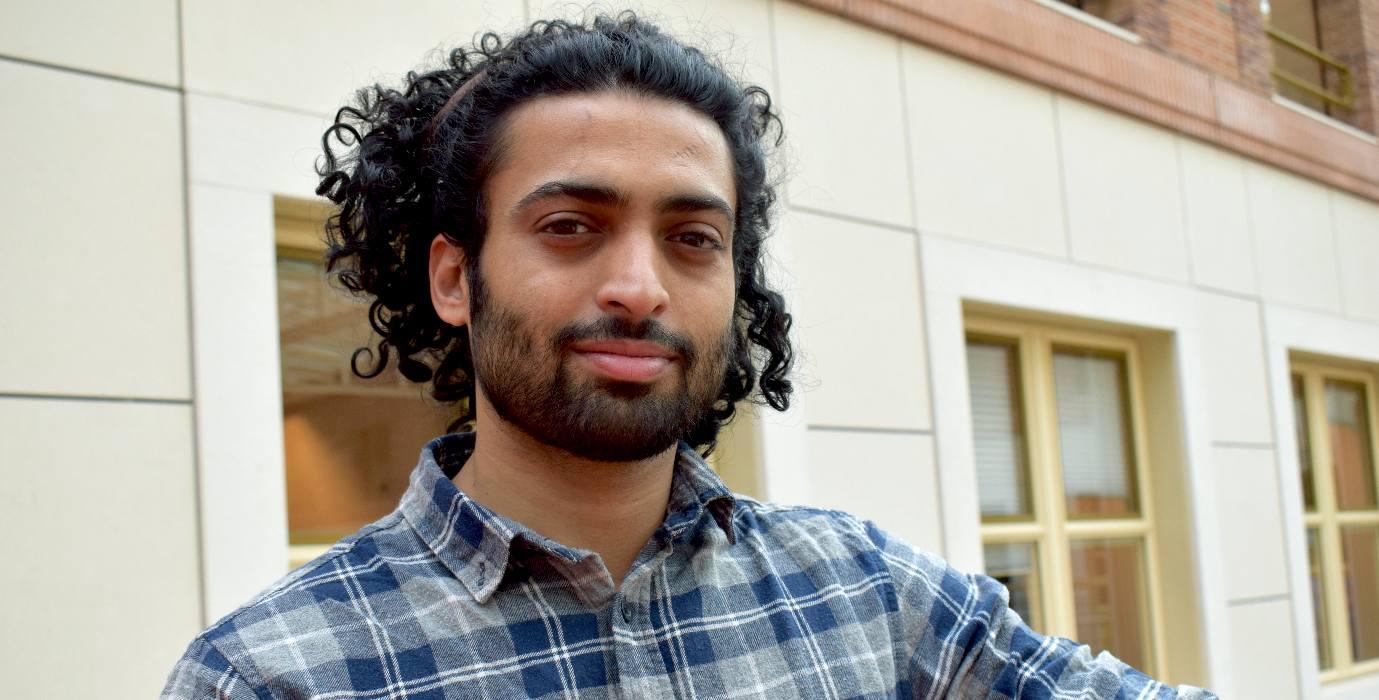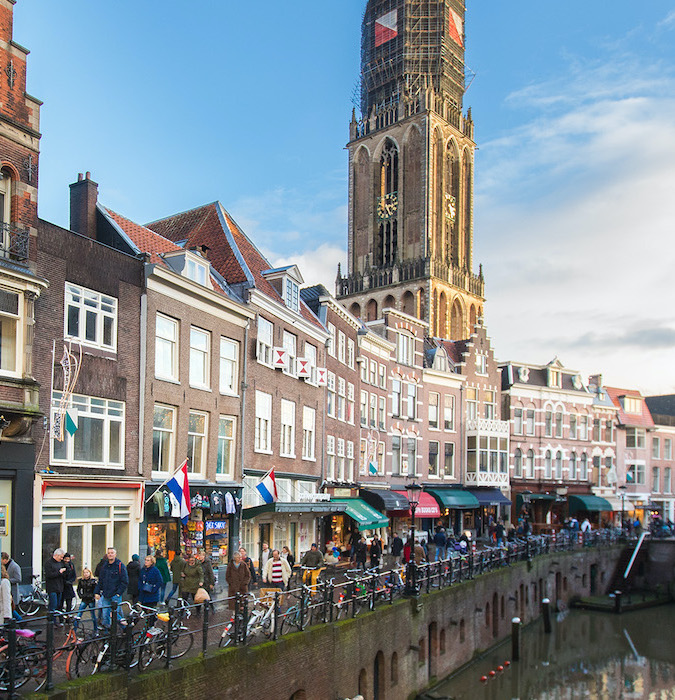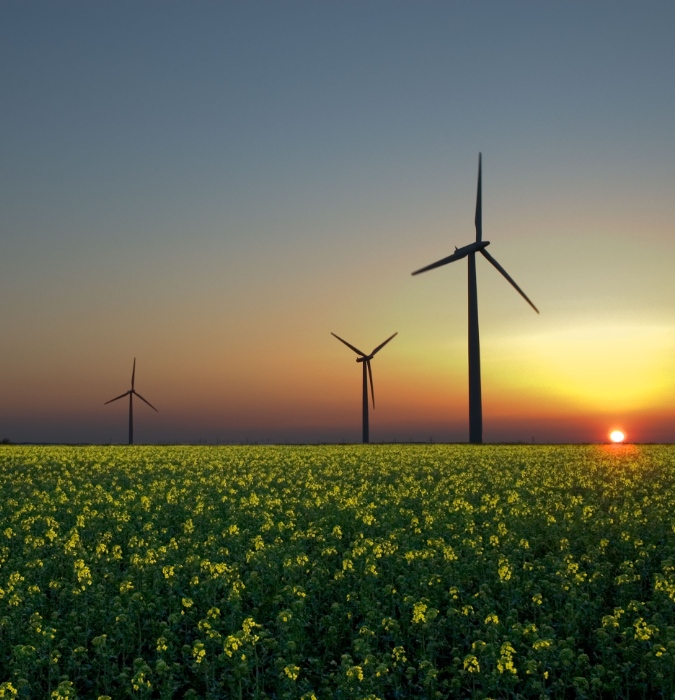Appanna's contribution to food waste reduction in the Netherlands

What has your experience been with the Dutch Agri-food ecosystem?
"The Netherlands is at the forefront of developments in [sustainability] because of the support these companies receive."
From what I understand, there is a lot of support for sustainability missions, particularly in agro-food. There are many budgets and subsidies to which startups have access, which is fantastic. The Netherlands is at the forefront of developments in this area, because of the support these companies receive - mine included.
On the other hand, in my home country, there are more variables, given the population size and the diversity of conditions. I think India is at a different stage in its development. Sustainability is not the foremost priority at this point, although we have several initiatives in other aspects of development.
The Netherlands has undoubtedly seen enough development already to make sustainability the priority. I would love to become an expert in this field and perhaps also help my home country develop in sustainability. Sustainability is a global issue; it is not restricted to a specific country. Still, we need to keep in mind that different countries are at different stages in their growth, and I think that's the main difference between these ecosystems.


What was surprising when moving to the Netherlands?
For starters, I realise that the tax is pretty high. Although personally, I can't complain much because I am eligible for the 30% ruling, which makes things a lot easier. Social security is also quite well organised, which means that once you're part of the system you're pretty well protected. Although you have to spend quite a fair bit on healthcare, this is alright because they will take care of anything you need.
"Social security is also quite well organised, which means that once you're part of the system, you're pretty well protected."
And finally, do you have a piece of advice for people who plan on coming here?
I would say, if you get a chance, you should relocate because it exposes you to a different way of thinking and diverse perspectives. You get to experience what might be the next stage for a developing country because the priorities are very different. It's also good to note how various countries have distinct approaches to life. For instance, I would think the US is a little more capital driven, more about money and success. In contrast, Europe is more about equality in terms of opportunity and quality of life. There's an emphasis on balance and wages. The wage gap is not too wide, and it's good to experience this to really embrace that idea.
Appanna arrived in the Netherlands to work in the sustainability industry. He came to find out that Dutch society is built around solidarity just as much as it focuses on sustainability, and this culture drove him to stay. He believes that the Netherlands has met all the requirements to be a leader in sustainability. The current level of development, the population size and governmental support have all placed the country at the forefront of what must be a global effort for sustainability, according to Appanna.
He hopes to use the experience he gathers here to impart knowledge back to India. Since some countries, like the Netherlands, have the privilege to tackle sustainability sooner than others, highly skilled migrants there have a better opportunity to accumulate expertise and bring it back to their home countries, creating a global network of knowledge to support sustainability.
Interested to know more?
- Welcome to NL job portal
- Food waste management
Explore your options in the Netherlands
Learn more about living in Utrecht and the sustainability sector in the Netherlands.

